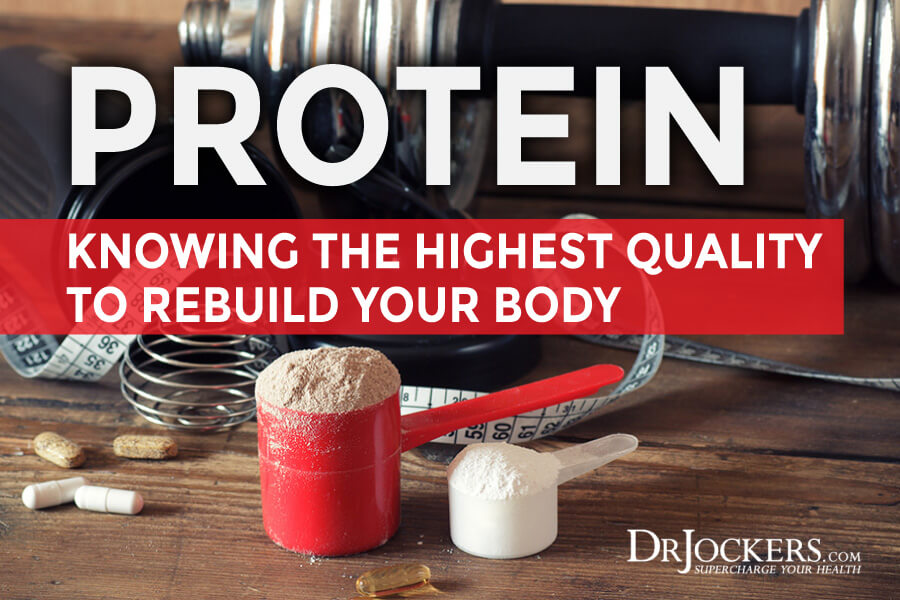
Highest Quality Protein to Rebuild the Body:
Healthy lean body tissue depends upon an adequate supply of high quality protein. The protein acts to repair damaged muscle tissue and provide growth factors that improve muscle fiber growth and rejuvenation (1). Although the quantity of protein consumed is important it is much more important to consider the quality of protein.
Highest quality protein is completely whole and non-denatured. It contains essential vitamins, minerals, enzymes and other natural co-factors. These components are very important for overall amino acid utilization and energy production. Protein by nature digests to form an acidic ash. These co-factors help provide alkaline substances that maintain normal acid/base balance.
Processing Damages the Protein:
There is a tremendous amount of processing that takes place to produce a protein isolate. It is completely unnatural. This processing strips out the natural proteolytic enzymes, minerals & antioxidants. This reduces overall bioavailability and creates a highly acidic and inflammatory food product.
The branched chain amino acids (BCAA’s) leucine, isoleucine and valine are especially important for building muscle. Many research trials have shown that BCAA’s improve red blood cell count, hemoglobin, hematocrit, serum albumin, fasting glucose levels, increased glycogenesis and rapid improvement in muscular inflammation (2, 3, 4) . These attributes make optimizing BCAA content extremely important for overall health and performance.
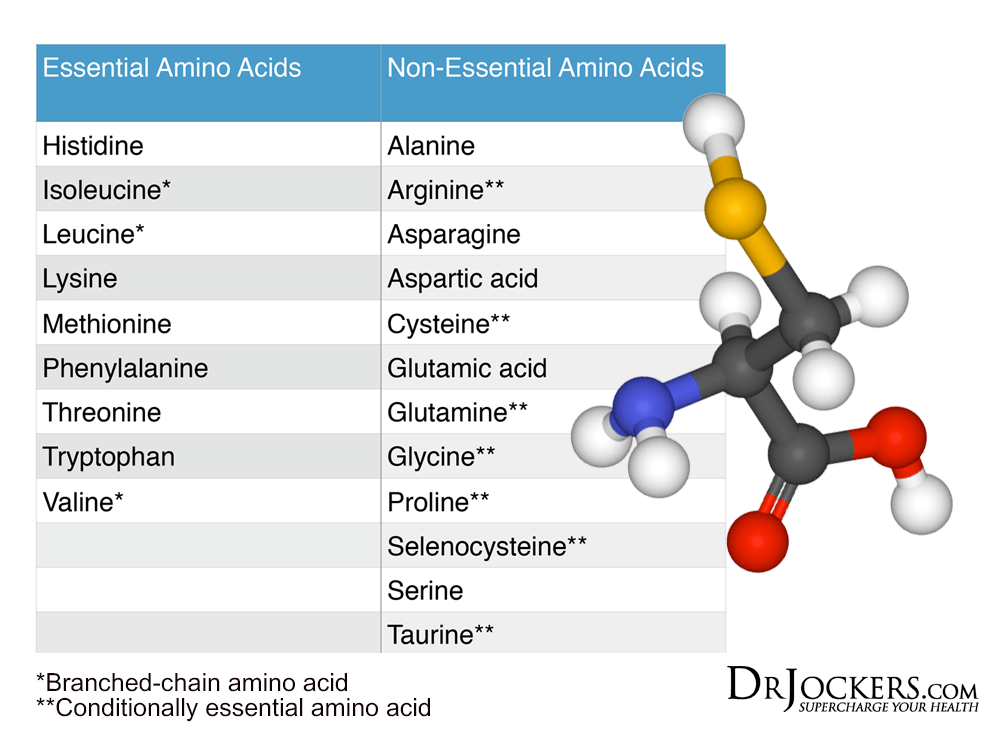
Branched Chain Amino Acids:
The BCAA leucine is the only amino acid that helps to stimulate muscle cell DNA to increase muscle protein synthesis. Muscle cells contain an inhibitory enzyme named 4E-binding protein 1 (4E-BP1). Leucine stimulates the cellular phosphorylation of 4E-BP1, effectively removing it. The removal of 4E-BP1 allows for greater activation of factors involved with muscle protein synthesis (5, 6, 7) .
The best food sources for BCAA’s such as leucine are found in high quality dairy products. Raw cheese, raw milk and non-denatured whey protein are the most bioavailable forms of these critical nutrients. These BCAA’s should always be consumed as whole foods and not as synthetically derived supplements which are of inferior quality protein.
The Daily Leucine Consumption:
The daily leucine consumption should be 1-3 grams per day to maintain body protein. To optimize the anabolic pathways one would need between 8-16 grams daily. Optimizing anabolic pathways enhances muscle repair, growth, & rejuvenation. This is desirable for a healthy physique, anti-aging and maximal performance (8).
Bone broth protein is one of the elite superfoods for human consumption. It provides the one of the best profile of essential amino acids and conditionally essential amino acids. Along with whey protein, it is by the most bioavailable form of leucine (9).
Fast Assimilating Proteins During the Day:
Fast assimilating proteins such as raw, grass-fed whey protein work best to have during daytime hours. This is very easy on the digestive system and move into muscle tissue and initiate the repair process immediately.
Highest quality whey protein mixed with organic coconut milk is strikingly similar to mothers milk. The coconut milk provides an incredible array of medium chain triglycerides. The whey protein provides the complete protein as well as bioactive immunosupportive compounds. These include lactoferrin, alpha-lactoglobulins, immunoglobulins, bovine serum albumin, & conjugated linoleic acid (CLA).
These sources should ideally be replenished with another 20 grams of protein every 3-4 hours to maximize muscle recovery. During the daytime hours this should be in a low calorie form to reduce digestive stress and maintain high cognitive and kinetic energy.
Slow Release Proteins at Night:
Slow release proteins are better to have at night as they digest over time and move into muscle tissue and form enzymes in the body slowly. This maintains optimal protein synthesis and positive nitrogen balance during sleep while the body is in a fasting state.
Slow release proteins are found in healthy meat sources such as grass-fed beef, bison, buffalo & deer. Raw, grass-fed cheese is an amazing slow release protein. Free range turkey, chicken, & eggs as well as wild-caught fish are good. When cooking these proteins be sure to add phytonutrient rich vegetables, fresh lemon & apple cider vinegar to balance the acids and free radicals formed during the cooking process. They also provide proteolytic enzymes and microorganisms to enhance the protein assimilation process.
A few great sources for highest quality protein, grass-fed animal products include your local farmers and farmers markets, US Wellness Meats and Slankers.
Non-Dairy Protein Powders:
Many people have food sensitivities to all dairy including grass-fed whey. With these individuals, I recommend either a collagen protein or a pea protein base with added nutrients to reduce gut inflammation. I formulated a specific high quality protein powder that is especially good for individuals with leaky gut or autoimmunity.
This product is called gut healing protein that contains a powerful array of anti-oxidant compounds that reduce inflammation, it is completely sugar-free and has 5 grams of L-glutamine in it to support healing leaky gut. Check it out here
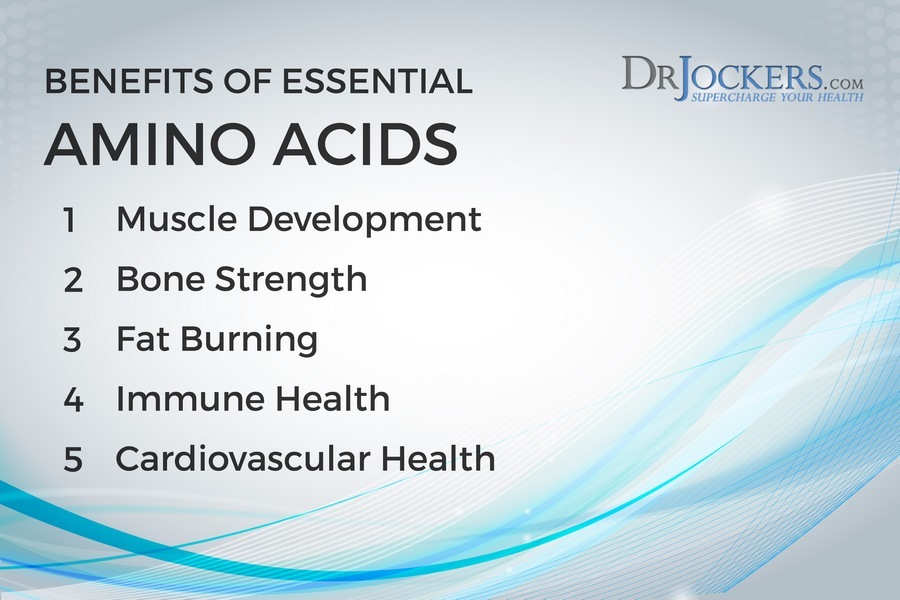
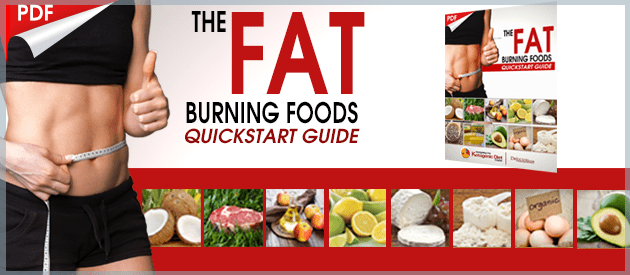
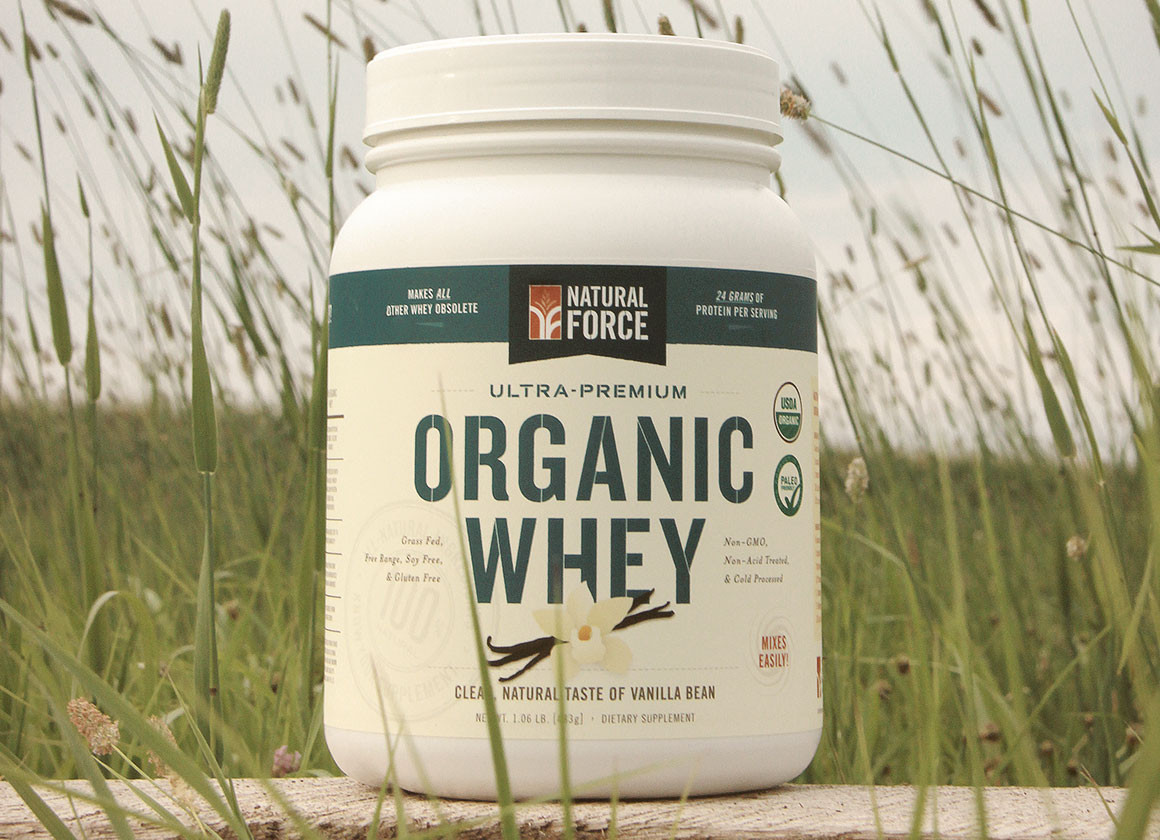
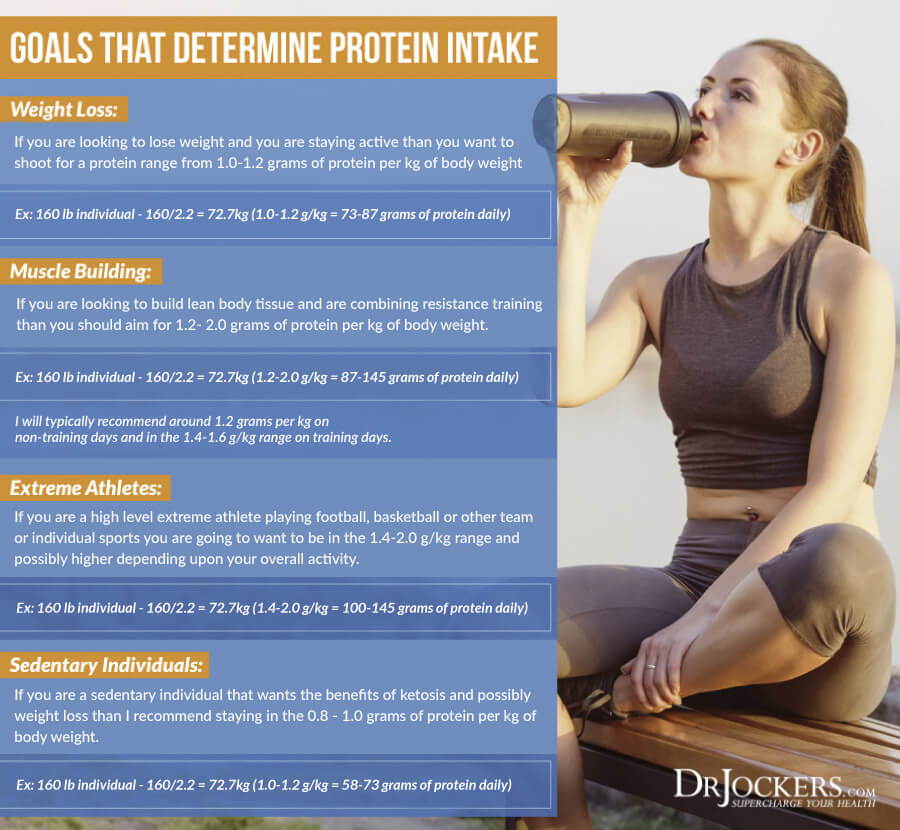

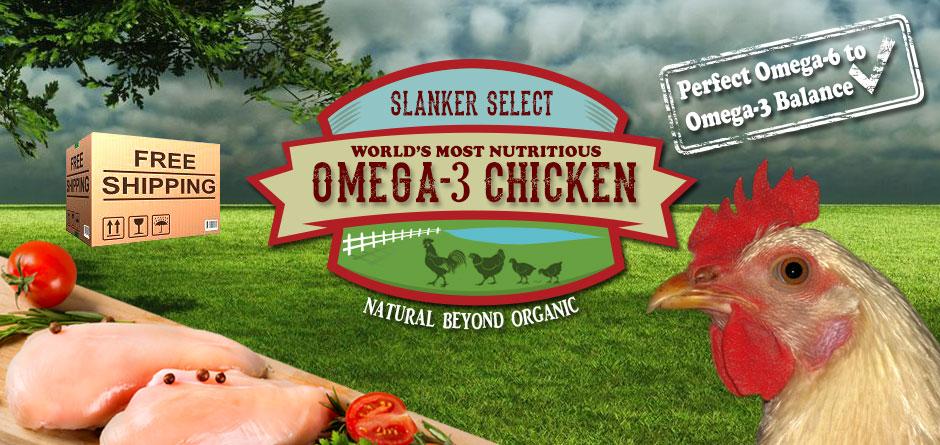




Hi
Thank you for the articles. PLS, I would like you advise me which pharmaceutical grade L-Leucine avalable in the market. I am a 33 years old women , I have DBA since 2 months, new research in Italy show that Leucine can cure this dis ease
pls help
regards
I would use a high quality non-denatured whey protein. This has the highest amount of bioavailable Leucine in it. You can get it at http://www.maximizedliving.com
What is your view on consuming whey protein while on a ketogenic diet? I see conflicting arguments quite often on whether or not whey protein consumption has negative effects such as spiking insulin, conversion to glucose and ultimately kicking you out of ketosis.
Personally, I would rather opt to use a grass fed whey protein powder with my “fat shakes” (protein + coconut milk, MCT oil, Macadamia nut oil) rather than liquid egg whites but I am still not clear what the consensus is regarding whey and ketosis.
Thanks,
Anthony
You can use high quality grass-fed whey protein and maintain ketosis. Just add in the good fats you recommended.
My biggest problem with keto diet is getting down what to shop for to change over to keto.
I love the veggies in coconut oil and salads with avacado etc. but getting protein enough and whether or not to eat every 3-4 hours until the IF period begins so I don’t lose muscle I’ve worked hard to get or if not hungry don’t eat mentality.
I’ve already gone from about 196lbs to 187lbs and don’t want to look too skinny I’m already lean long arms and legs and want to add muscle not lose it! Thought I could just view your site with the recipes and glean enough from them on eating ,shopping etc. but the putting it all together gets a little confusing. I’m on a budget and I don’t have a drs. paycheck..( no offense) but it’s a matter of hard to follow when the keto masters are tauting get this buy that,MCT’s coconut can milk, get bcaa’s buy buy it’s a lot to just put together on a budget!
Hey Randal, maybe these articles will help you:
https://drjockers.com/keto-metabolic-makeover/
https://drjockers.com/20-keto-main-courses-stay-fuller-longer/
https://drjockers.com/20-keto-side-dishes/
https://drjockers.com/keto-food-pyramid/